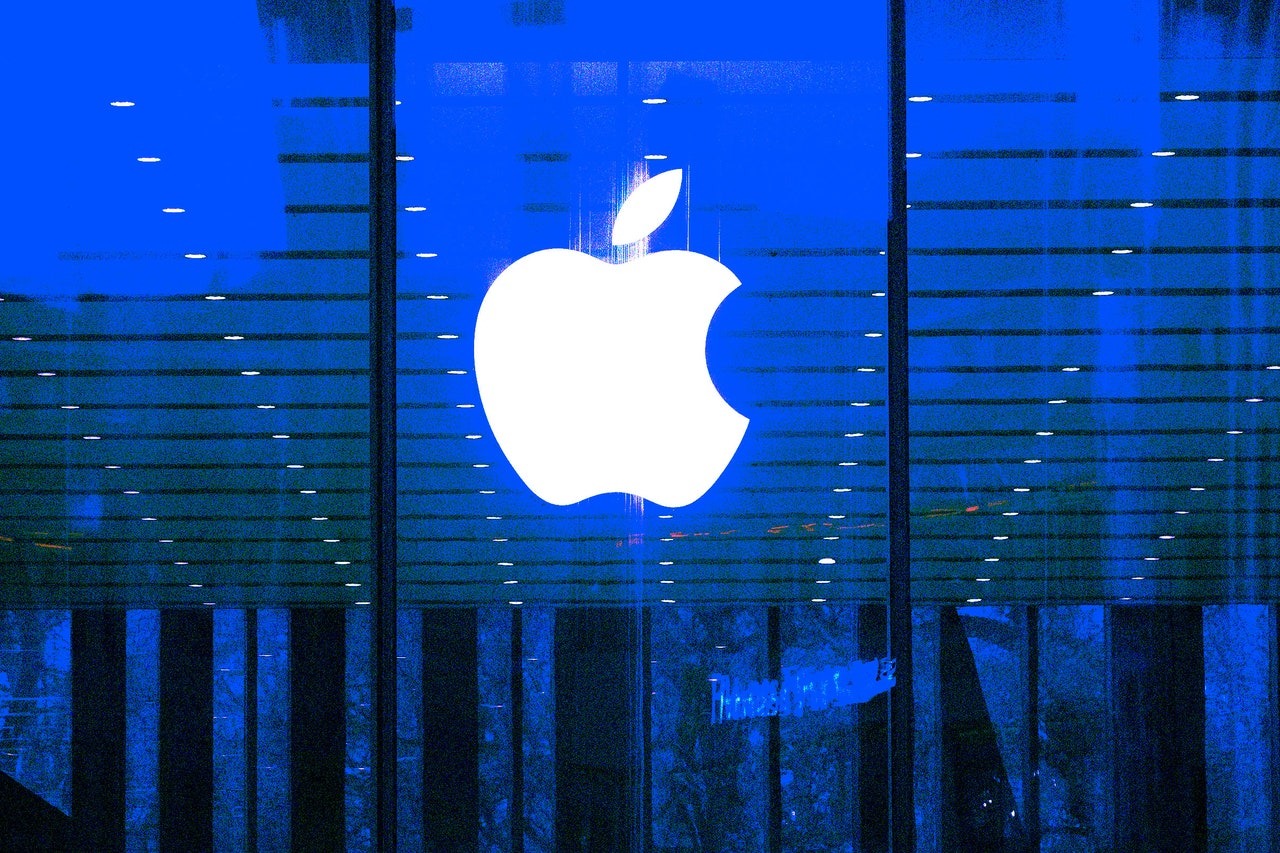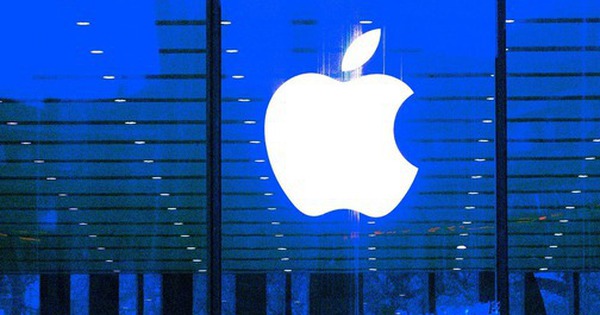Apple Reacts Strongly to Enormous Fine
The European Commission (EC) recently announced a penalty for Apple, accusing the tech giant of abusing its dominant position in the market. As a result, Apple limited the ability of the music streaming app, Spotify, to notify users about alternative payment options outside of the App Store. This behavior was deemed illegal according to European regulations.
In addition to paying a staggering $2 billion fine, Apple is also required to pay an additional penalty of nearly $45 million under the region’s anti-monopoly laws. The total amount is much higher than the $550 million previously predicted by analysts.

Image source: Wired
The EC’s decision stems from a complaint filed by the Swedish music streaming service, Spotify, in 2019. The complaint was related to the 30% fee on the App Store and Apple’s restriction of users accessing alternative payment methods outside of the platform.
“Millions of European users of online music services are unaware of the available alternatives,” Reuters quoted Margrethe Vestager, a European Commissioner for Competition, as saying. She further stated that it was the first time the EC imposed such a penalty to deter similar behavior.
The EC’s conclusion emphasizes that Apple’s behavior has persisted for nearly a decade, causing iOS users to pay significantly higher prices for online music subscriptions. This is due to the high commission fees imposed by Apple on developers, which in turn forces them to charge higher fees to consumers.
In response to the EC’s ruling, Apple has strongly objected. The US tech giant asserts that Spotify, as well as other music streaming services, have experienced substantial growth in Europe, partly due to promotion on the App Store.
“Despite not finding any credible evidence of harm to consumers, the EC has overlooked the fact that this market is still growing, competitive, and rapidly expanding,” Apple stated in a release.
Furthermore, Apple criticized Spotify’s ambition to “rewrite the rules of the App Store in its own favor.”
Business Today

